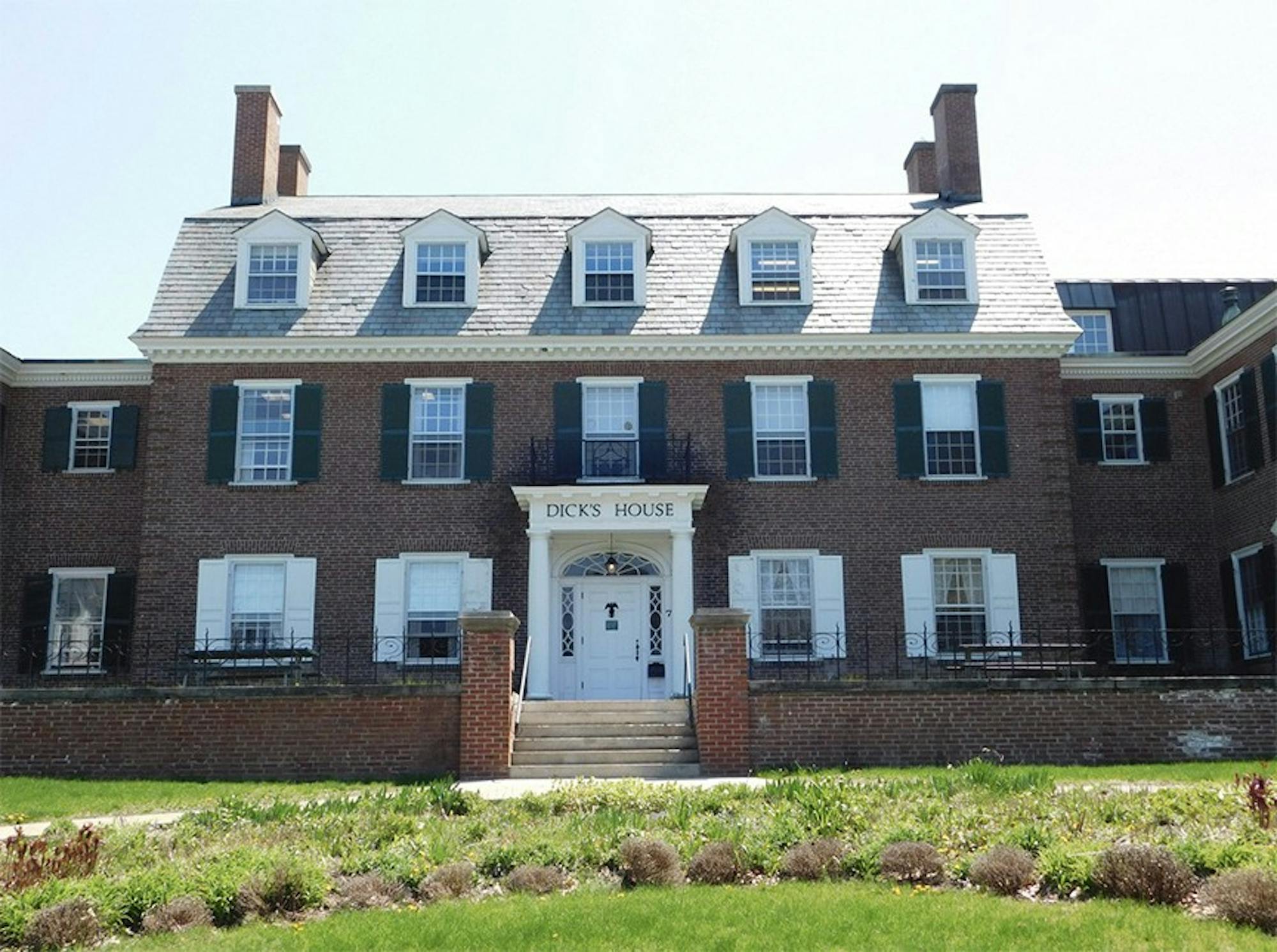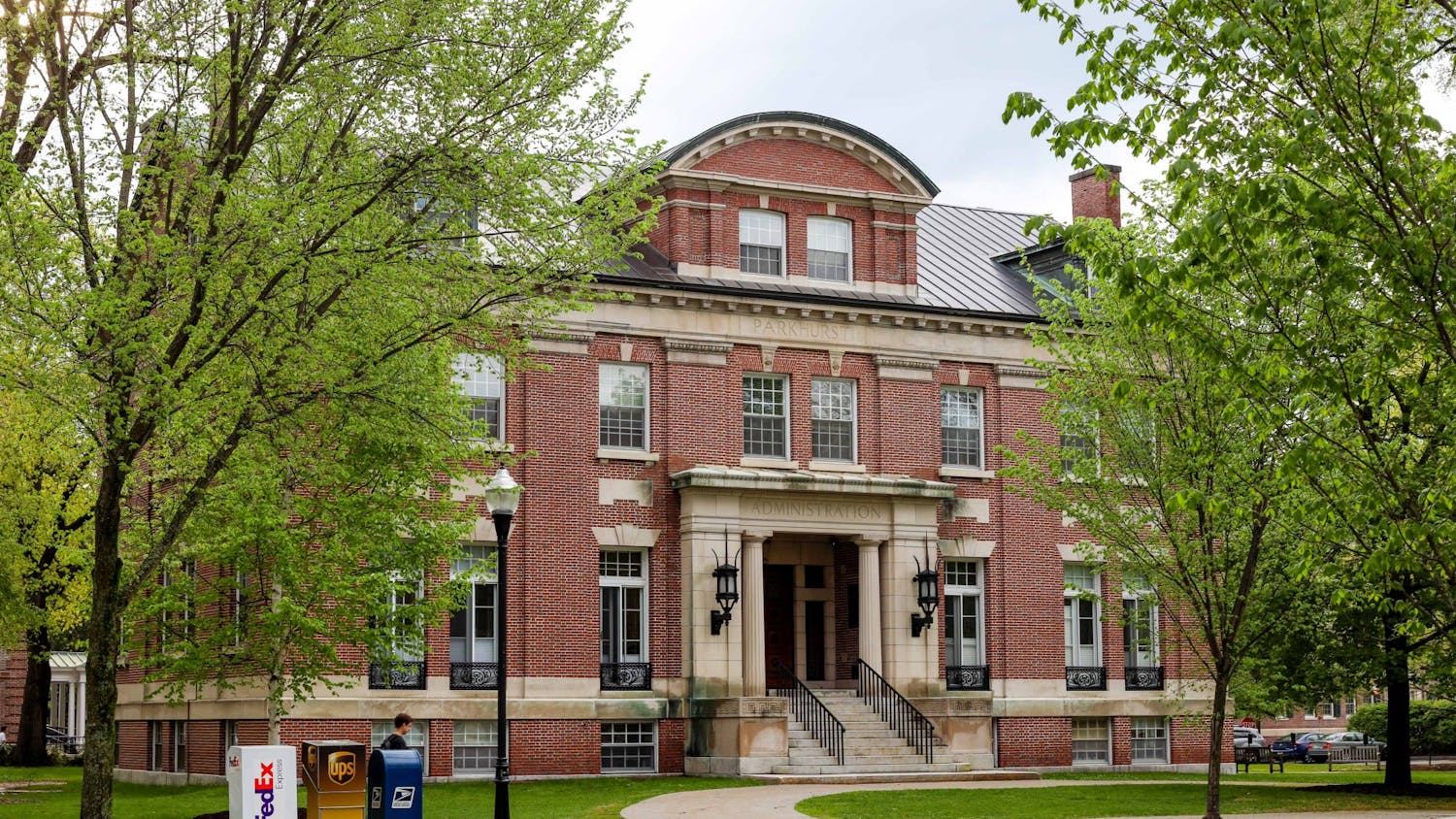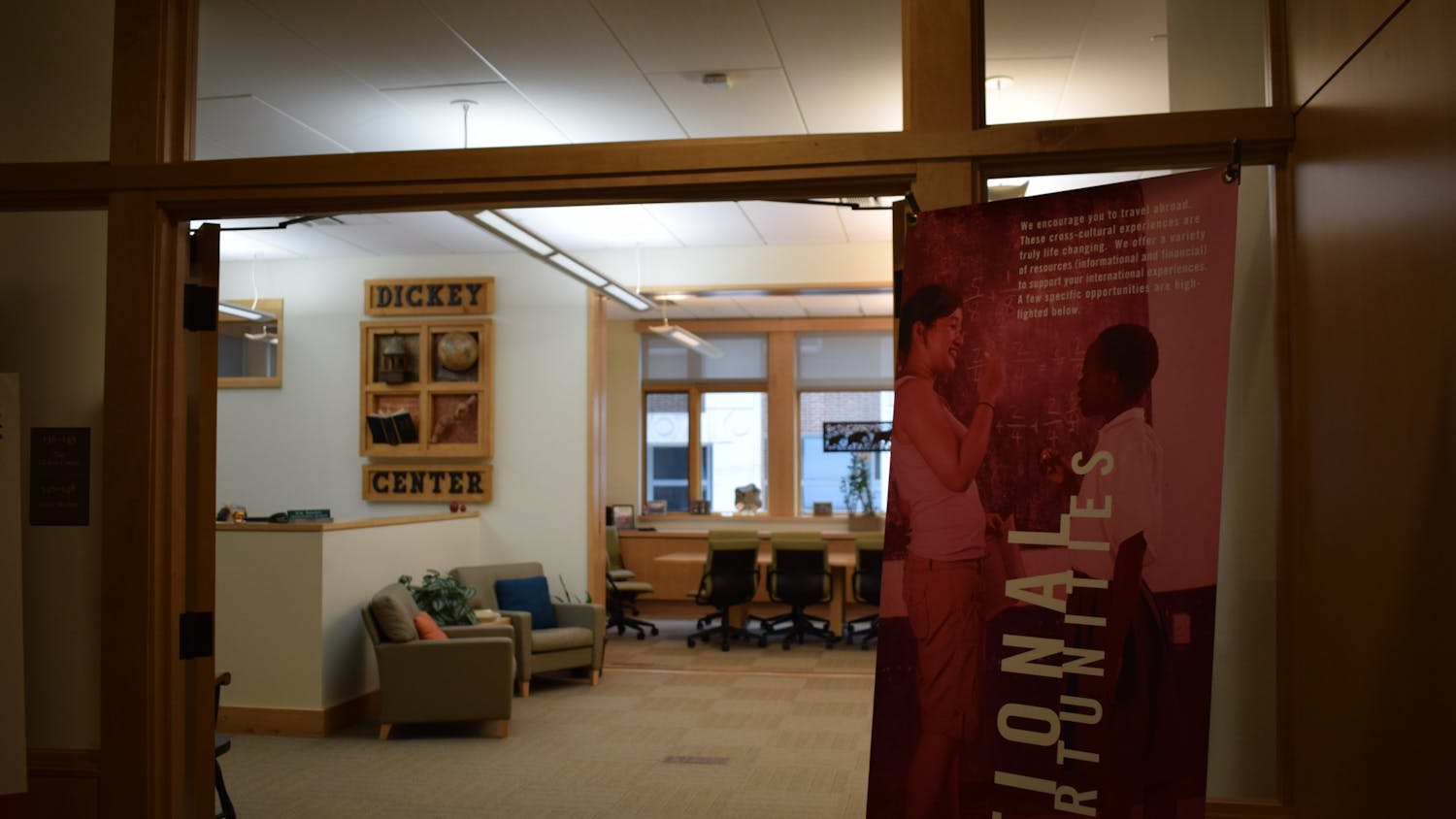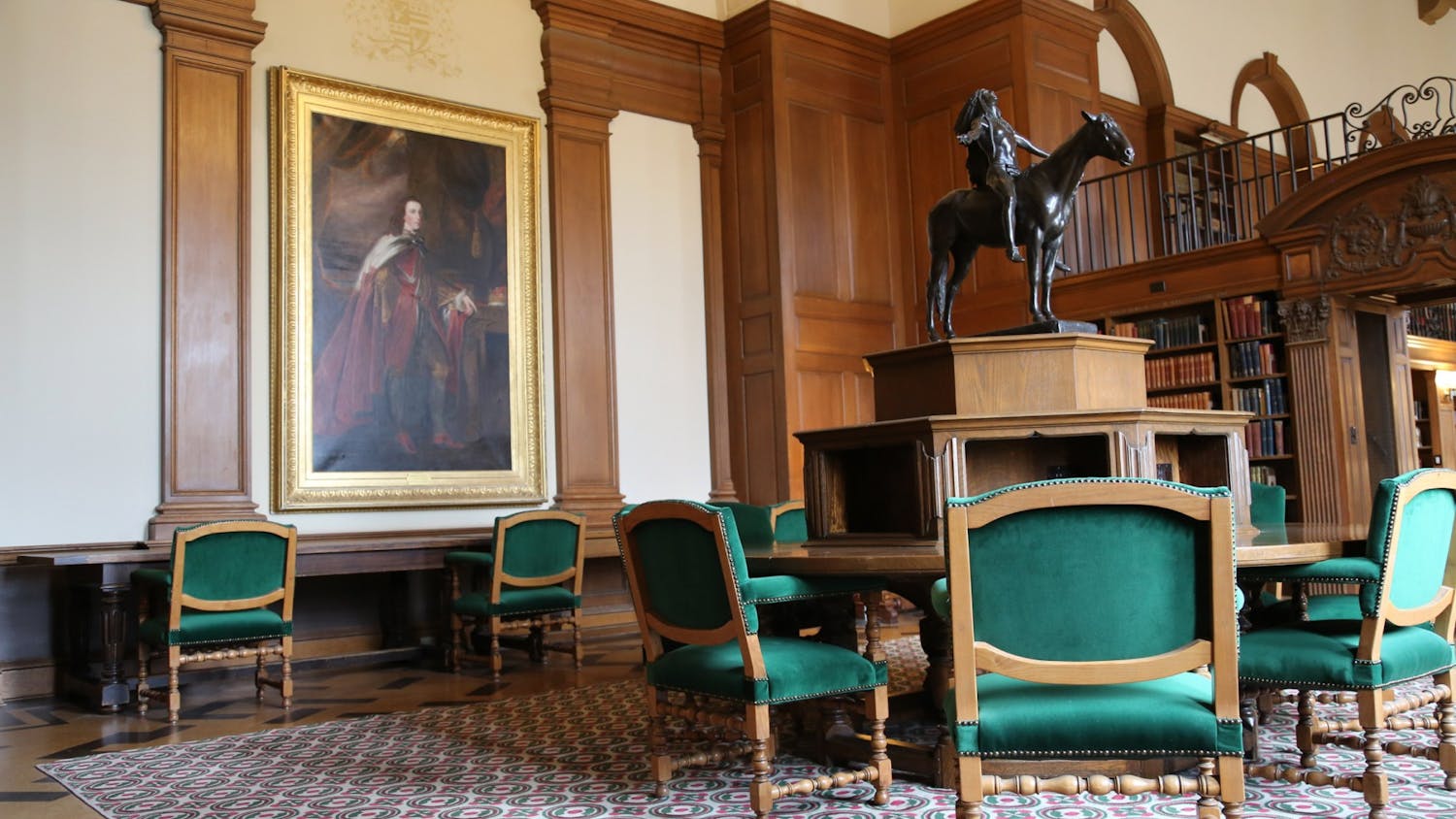As the COVID-19 pandemic sweeps across the country, Dartmouth’s health services are working to provide care and information to students. Even amid nationwide testing shortages, the number of cases on Dartmouth’s campus continues to rise — five students on campus have tested presumptive positive as of Sunday evening, up from three as of Thursday afternoon, according to College health service director Mark Reed.
Reed wrote in an email statement that 10 students are living in self-quarantine in the Maxwell and Channing Cox apartments, and 10 students, including the five who have tested presumptive positive, are living in self-isolation in the Lodge as of Sunday.
The self-quarantine quarters are for students who have been exposed to the virus but have no symptoms, whereas those in self-isolation display symptoms that are consistent with COVID-19, Reed explained in an interview with The Dartmouth.
While students currently in self-isolation in the Lodge are symptomatic, Reed noted that this does not necessarily mean they have the virus, adding that it is difficult to know for certain given testing shortages.
“If [students] have a fever and a cough, it could be COVID-19, or it could be the flu, or it could be something else, so we’ve been helping those students to self-isolate regardless,” Reed said.
Winston Wang ’21, who is currently living on campus, said that he felt there was a “lack of transparency” regarding the information given to students about those being tested. He said that the College has mentioned in emails when people have been tested, but it has not informed students on campus about where these students lived, where they frequented on campus or how investigations have been conducted.
He noted that it can be worrisome to hear — without confirmation from the College — rumors about former floormates now living in isolation who may have tested positive.
Geisel School of Medicine dean for global health Lisa Adams MED '90, who co-chairs Dartmouth’s COVID-19 task force, explained that the College notifies close contacts of individuals who have tested presumptive positive and will continue to do so “for the foreseeable future.” She said that this “key public health measure” allows contacts with symptoms to take additional actions, as well as notifies contacts who are feeling well that they should be self-quarantining.
On March 20, the New Hampshire Department of Health and Human Services announced new recommendations for testing. In the press release, state DDHS commissioner Lori Shibinette wrote that “until national supply chains are able to meet the demand for testing supplies, New Hampshire, like all states, will be forced to limit testing to those most at risk of severe symptoms and those healthcare employees who are critical to ensuring we can serve our residents’ health needs.”
Reed mentioned that before these guidelines were in place, there were a few students that tested positive and were able to access either drive-through testing or get help from local health officials, though “it was still a challenge.”
He said that testing in the Upper Valley was initially done by the state, and while Dartmouth-Hitchcock Medical Center has begun to conduct tests recently, the hospital is currently “helping the state with their backlog” of “hundreds of tests” as well as helping hospitals without testing capacity.
“If we have a situation that we’re particularly concerned about, we will obviously be in consultation with the state and DHMC and see if we can get that testing, but it’s not a situation where anybody who has a cough or a slight fever can get a test,” he said.
Reed wrote in an email statement that recent student testing has been “the result of a combination of some increase in availability and advocacy by staff at the College Health Service and our colleagues at DHMC.”
Regarding the task force’s emails to the Dartmouth community, Adams explained that many groups are involved in the communication process, including a core group that meets before each meeting of the full task force and working groups focused on academic continuity, workplace continuity, events and health.
Adams and her co-lead for the task force, vice president for institutional projects Joshua Keniston, gather information from each of these groups before presenting recommendations to provost Joseph Helble regarding what information should be included in emails to the community. Adams added that Helble works with the deans and College President Phil Hanlon “as appropriate,” but that Helble “is in many cases the final arbitrator of the decisions that are made.”
Reed said that, as community transmission in New Hampshire has been confirmed by the New Hampshire DHHS, there is “no doubt” that more people on campus will test positive.
“We know [community transmission] is happening in our county, so we will probably transition more to a stance of, really, you need to assume that anyone that you may come in contact with could have COVID-19,” Reed said.
Larry Crowe, a spokesperson from the New Hampshire COVID-19 Joint Information Center, said that “there’s no different kind of guidance for a university or college than there would be for any other kind of community.”
“The standard guidelines apply for daily behavior, as far as social distancing, etc., and then also the protocol with regards to who should be tested and who shouldn’t,” Crowe said, adding that “the guidance and decisions that are being made apply to all citizens of the state of New Hampshire, and have been determined to be the best for everybody.”
Wang said that he hoped that the College would send a “harsher email” asking students to adhere to the state’s social distancing guidelines. He said that Dean of the College Kathryn Lively sent an email encouraging people not to gather together, but that “[the College] hadn’t been strict on that” and that “there’s still groups of people hanging out in common rooms.”
Adams said that communications to students will now focus on encouraging everyone to be cautious since “anyone that you have contact with outside of your household could be a potential exposure.”




